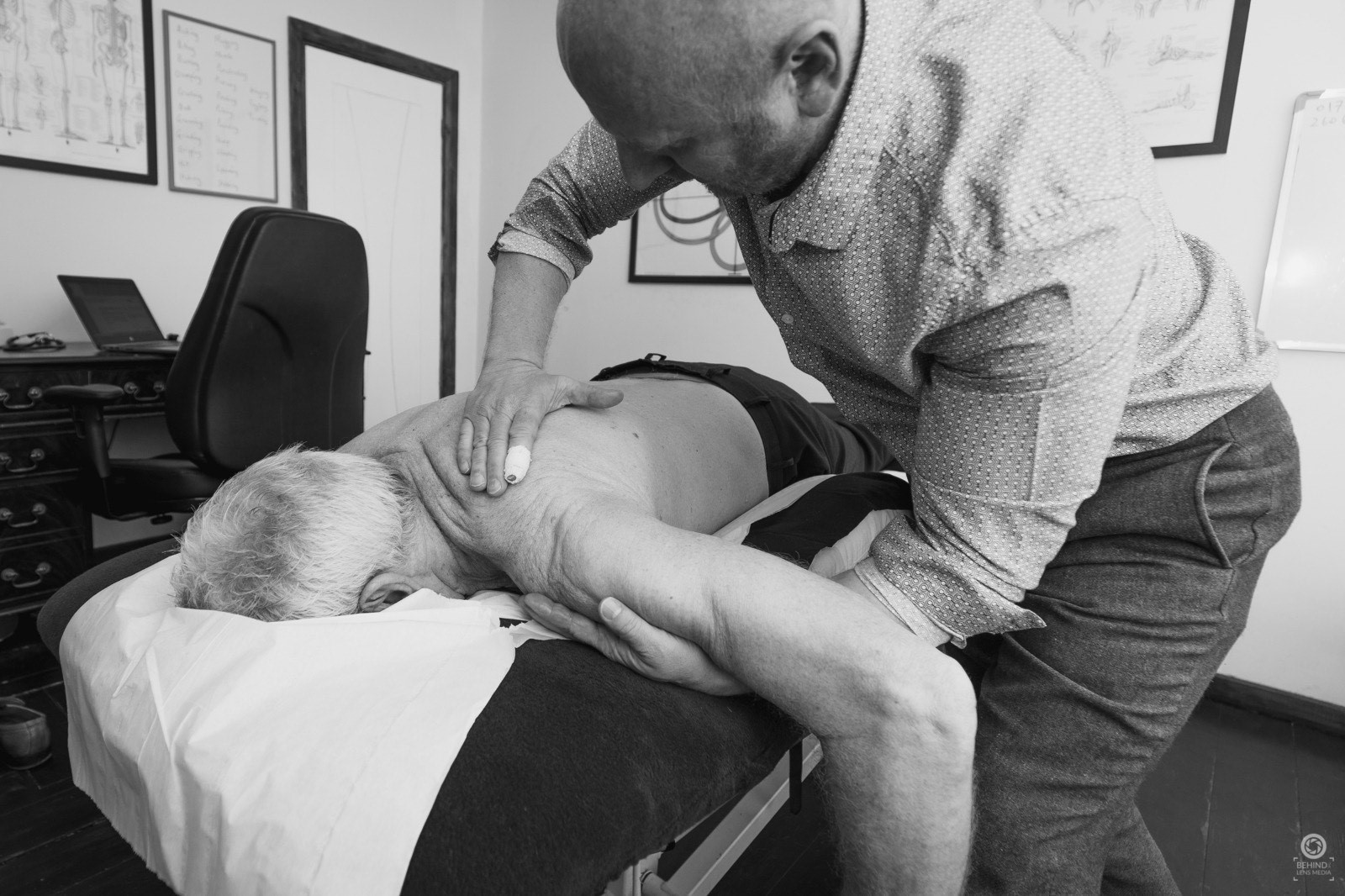10 facts about your sleep patterns and back pain
1/ Poor sleep can be a cause of persistent pain in healthy people
Poor sleep increases risk of developing pain. While many realise that being in pain can cause poor sleep, studies now show that poor sleep among people without any pain at all also increases the risk of developing pain
2/ Being tired can give you pain
Sleep is an essential function for survival, like eating or drinking. Therefore, when your body is not getting enough quality sleep, it can react. It does this by creating an inflammatory response which can make you feel sick, tired and irritable.
3/ Poor sleep can lead to persistent pain or recovery delay
The critical role of poor sleep in the development and increasing of pain is only being explored in detail in recent years. Poor sleep can be the cause of an acute pain becoming persistent or recovery delay.
4/ The number of hours sleep needed depends on the person Most healthy adults need between 7.5 to 8 hours of sleep per night to function at their best. For some, less than 6 hours per night can lead to worsening back and/or neck pain
5 /It is not only quantity, but also quality
You should not only consider the length of sleep, but also questions such as ‘do I feel refreshed in the morning, and throughout the day?’ ‘Do I not always need an alarm clock?’ Do I have enough energy throughout the day?’ If you answer yes to these, you probably have enough sleep.
6 /Pain is one of the body’s protective responses to poor sleep
Back pain is typically the person’s body being overprotective due to different factors, such as poor sleep, which makes the body vulnerable to pain. For people who already have pain, it is important to note that the pathways for sleep and pain are linked and affect each other. Thus, poor sleep can turn the volume switch up on pain
7/ Sleep schedule is important
Going to bed at the same time everyday (or most days) is important to establish a routine (the same goes for waking up). This rhythm will help keep you refreshed throughout the day. Sometimes, people in pain go to bed very late, as they seek to make themselves exhausted before bedtime so that they sleep when they go to bed. Unfortunately, this cycle can further exacerbate their pain.
8/ Exercising regularly is a must
Even though exercise has been consistently shown to help both sleep patterns and pain, many people in pain avoid it as they are afraid that it will make things worse. Therefore, you should not fear, exercise, but rather build it up gradually to let your body get used to it.
9 /Boosting mood and reducing stress is key
If someone suffers from stress, depression or anxiety, the chances of them having pain and sleep problems are much higher. Addressing these issues is not always easy. Taking steps to address stress, mood and anxiety could have a significant effect on your quality of sleep and on your pain.
10/ Poor sleep doesn’t always lead to back pain
People can have pain and not have a sleep problem or have poor sleep and not have any pain. However, this shouldn’t make you think that addressing sleep is not important.


















